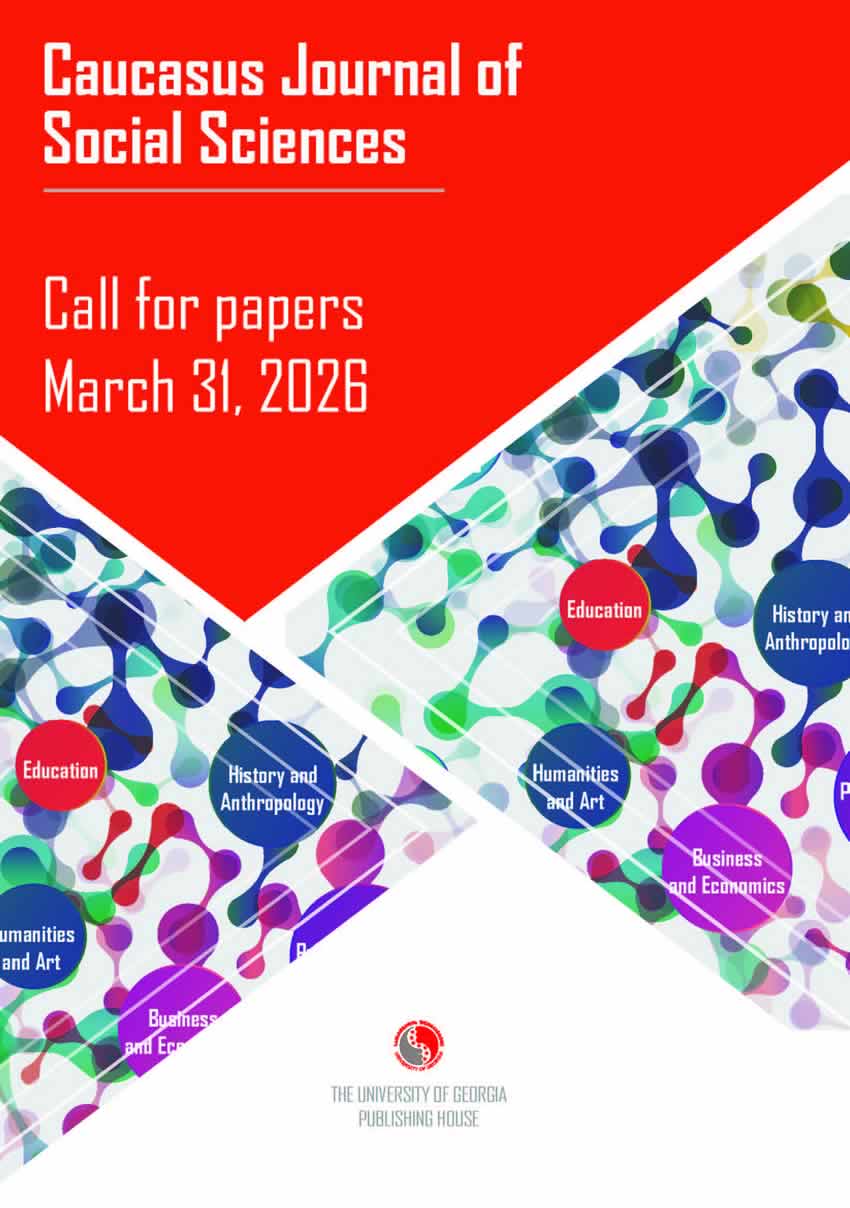Western Press Coverage of Environmental Controversies in the Caucasus: Filling the News and Information Gap?
DOI:
https://doi.org/10.62343/cjss.2018.175Keywords:
Georgia; Armenia; Azerbaijan; content analysis; environment; news media; EurasiaNet; Institute for War & Peace ReportingAbstract
Environmental crises confront Armenia, Azerbaijan, and Georgia.
The implications of these crises cross sensitive and disputed
national borders and may affect economic, political, and cultural
relationships on a vast geographic scale. At the same time, the
countries’ domestic press systems are subject to a range of legal,
quasi-official, political, and economic constraints that discourage
— and sometimes punish — or prevent aggressive but fair, balanced,
and ethical news coverage of environmental controversies.
This study uses content analysis of news stories and interviews
with journalists to explore how two independent Western news organizations,
US-based EurasiaNet.org and UK-based Institute for
War & Peace Reporting, tried to fill the news and information void
left by constraints on domestic media during a three-year period.
Among the variables analyzed are news sources (experts, advocates,
and non-experts), fairness and balance, and article topics.
Downloads
Published
How to Cite
Issue
Section
License
Copyright (c) 2023 Eric Freedman, Mark Neuzil, Bruno Takahashi

This work is licensed under a Creative Commons Attribution 4.0 International License.
In case an article is accepted for publication it is allowed to combine the article with other research, to conduct new research on the article, or to make different arrangements on condition that the same license is used including commercial purposes.
As an author of an article published in the Caucasus Journal of Social Sciences, you retain the copyright of your article and you are free to reproduce and disseminate your work.











